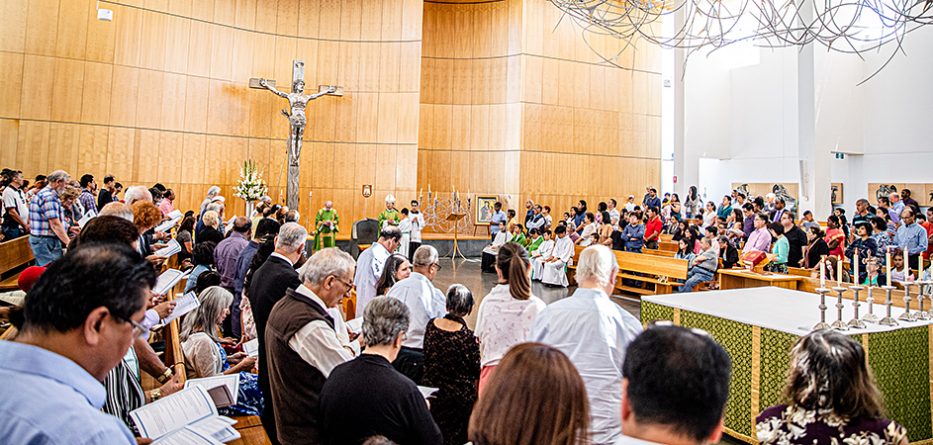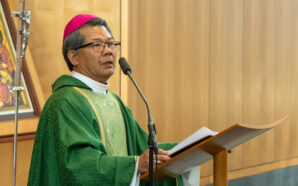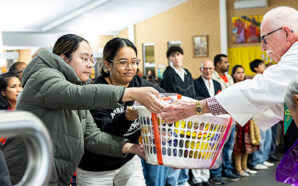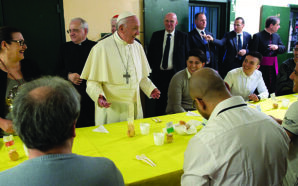The coronavirus COVID-19 is spreading around the world, generating a syndrome of universal contagion. Humanity’s system of worldwide interconnection gives us a paradoxical experience: the more connected we are, the more contact can turn into contagion, communication into contamination, influences into infections.
The apocalypse is at hand. Antibodies are triggered, which go crazy and become an immune system against everything we fear, do not recognise, or cannot control. Viruses have long been a feature of our landscape: from the biblical plagues to Manzoni’s descriptions of the bubonic plague in The Betrothed, and on to today’s cyberattacks. The boundaries of the soul narrow with the discovery of our vulnerability.
The pandemic in these cases always ends up being one marked by insecurity and anxiety. The coronavirus seems to have also become today a symptom (and a symbol) of a more general condition of fear that we carry within us. A recent SWG survey has highlighted how much fear Italians feel. What fears? One statistic paints the picture: 72% fear that their children will not have a decent standard of living and 58% fear that they will not be able to raise a family. Fear of the future: this is today the virus of the soul. But you could utter a long litany of fears.
Christians feel that they must take on the expectations, changes and problems of the country. How can we concretely activate antibodies against the virus of the pandemic of fear, anxiety and hatred in our social and political life?
To continue reading this article, click here.
With thanks to La Civiltà Cattolica and Antonio Spadaro, SJ, where this article originally appeared.








